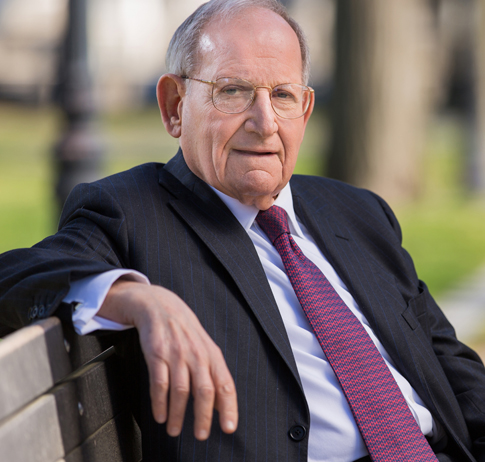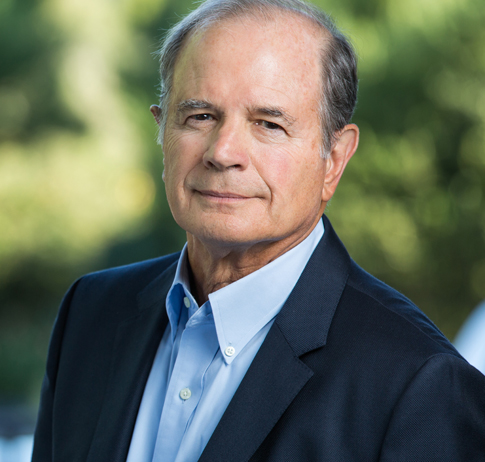When and where can a trust's accumulated income be taxed?
We may get an answer from the U.S. Supreme Court ("SCOTUS"). On April 16, 2019 the U.S. Supreme Court will hear oral arguments for the case of North Carolina Department of Revenue v. Kimberley Rice Kaestner 1992 Family Trust.
This is a historic tax jurisdiction case that is directly related to important questions of personal jurisdiction and trust law. In what is widely considered to be one of the most significant state taxation and trust cases in decades, the Supreme Court will address whether the due process clause of the U.S. Constitution prohibits states from taxing trusts based on trust beneficiaries’ in-state residency. This case made its way to the SCOTUS following a June 2018 decision by the North Carolina Supreme Court which ruled that the due process clause prevented the North Carolina Department of Revenue from taxing the accumulated income in the Kimberley Rice Kaestner’s family trust, given a) the settlor and trust's governing law was New York, b) the independent trustee was in Connecticut, and c) the trust's only asset was a portfolio of investments managed in Massachusetts.
There are many reasons why families are well advised to carefully choose the jurisdiction of their family trusts, as state trust and fiduciary legislation varies widely. In an effort to best guide clients with this important matter, Withers Bergman has been following this closely and was also asked to participate in this case as a drafter of an amici curiae filed with the SCOTUS. This case has the potential to create a new national precedent for the taxation of trusts.
The Withers Bergman LLP team who collaborated on the brief includes David Lehn, SCOTUS Counsel of Record, and partners Stanley Bergman, William Kambas and James I. Dougherty. Taking advantage of the firm's breadth of experience and knowledge, they collaborated with attorneys across the firm's California, New York, and Connecticut offices, including partners Jeremy Mellitz, Diana Hastings, Michelle Graham, consulting partner Lou Mezzullo, special counsel John Farnsworth and associates Lisa Page, Kelsey Hyde, and Sandra Fung.






